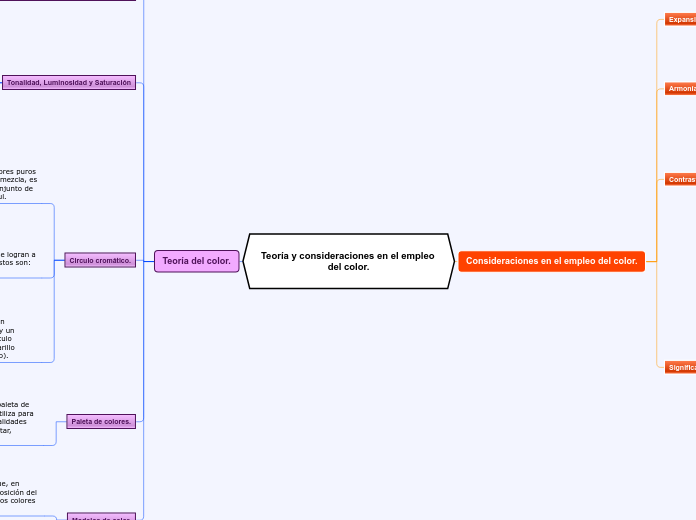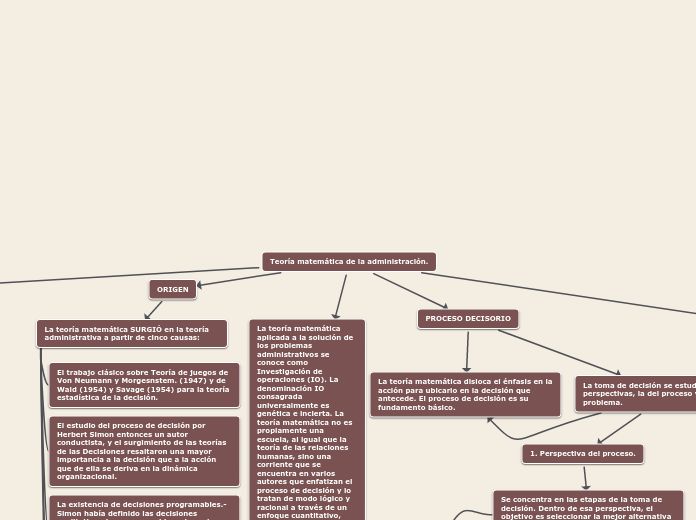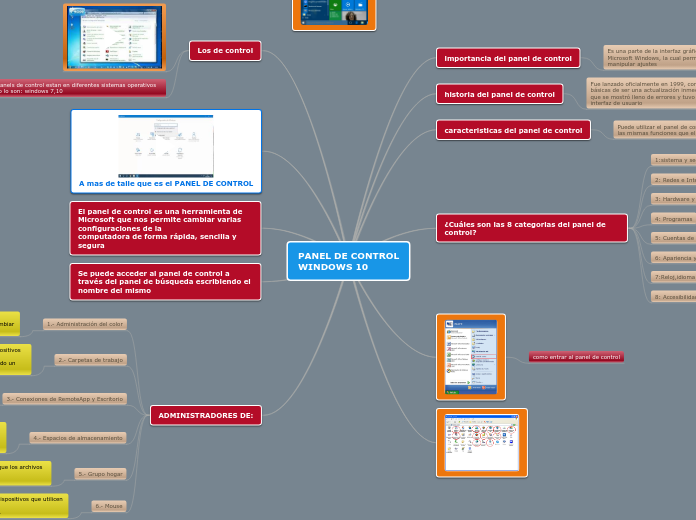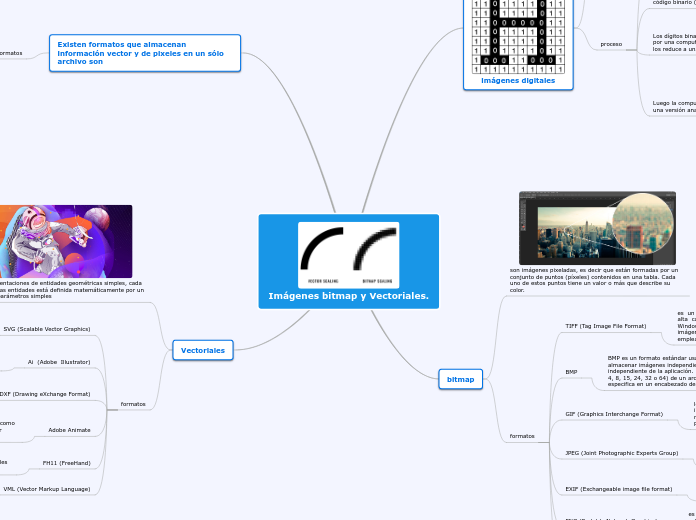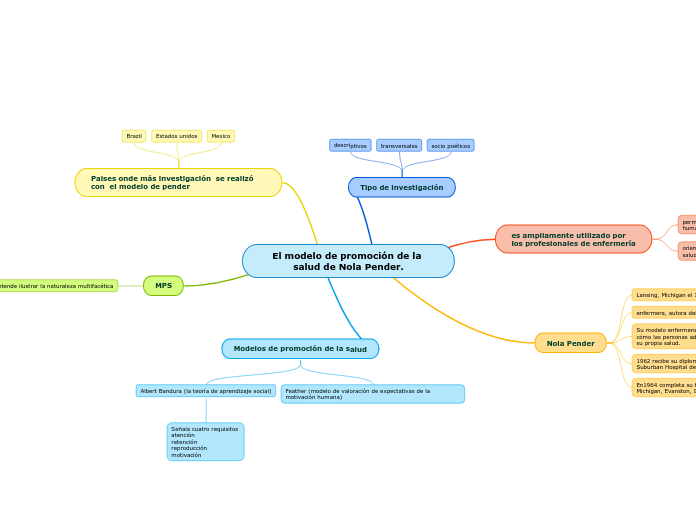Teoría y consideraciones en el empleo del color.
The part of speech is a category to which a word is assigned according to its syntactic functions. In English the main parts of speech are noun, pronoun, adjective, determiner, verb, adverb, preposition, conjunction, and interjection.
Teoría del color.
An adverb is used to describe a verb, but it can also describe an adjective or another adverb.
Adverbs normally help paint a fuller picture by describing how something happens.
Modelos de color.
CMYK es el acrónimo de los colores básicos (Cián, Magenta, Amarillo y Negro) que se utilizan en las impresiones a cuatro colores (Color Completo)
RGB (sigla en inglés de red, green, blue, en españolrojo, verde y azul) es la composición del color en términos de la intensidad de los colores primarios de la luz.
Paleta de colores.
The intensifiers strengthen adverbs adjectives and adverbs and down- toners make them weaker.
Según DefiniciónABC, el concepto de paleta de colores se define como aquel que se utiliza para designar un conjunto de colores y tonalidades existentes o elegidas para decorar, pintar, colorear algún objeto o superficie.
Circulo cromático.
Colores Terciarios son los que se forman partiendo de la mezcla de un primario y un secundario que son contiguos en el circulo cromático. : El azul (primario) y el amarillo (primario), forman el verde (secundario).
Colores secundarios son aquellos que se logran a partir de la mezcla de dos primarios. Estos son: naranja, verde y violeta.
Colores primarios son aquellos tres colores puros que no están compuestos por ninguna mezcla, es decir que no derivan de ningún otro conjunto de colores, estos son : rojo, amarillo y azul.
Tonalidad, Luminosidad y Saturación
Es la pureza o intensidad cromática de un color.
El contenido de claridad u oscuridad que presenta el color.
Nos está indicando el color en sí, es decir, si se trata de verde, azul, rosa.
Es un principio de gran importancia en el diseño gráfico, la pintura, la fotografía, la imprenta y la televisión, entre otras áreas visuales.
Consideraciones en el empleo del color.
A pronoun is a word that can be used in place of a noun, typically after the noun itself has already been stated.
Significado
A reflexive pronoun ends with ...self or ...selves and refers to another noun or pronoun in the sentence (usually the subject of the sentence). The reflexive pronouns are myself, yourself, herself, himself, itself, ourselves, yourselves, and themselves.
Marrón
Se le considera masculino, severo y confortable. Representa a la tierra, y trasmite equilibrio.
Verde
Por su semejanza con la naturaleza, evoca su frescor y a la vegetación, actuando como sedante y trasnmitiendo tranquilidad.
Violeta
Representa templanza, lucidez y reflexión.
Azul
Expresa armonía, fidelidad, serenidad, sosiego, profundidad y frío.
Rojo
Esta ligado a la vida, por lo que transmite vitalidad, fuerza del fuego, sensualidad, virilidad y energía.
Naranja
Se considera fuerte, activo y radiante.
Amarillo
Representa el sol, la luz y oro. Proporciona luminosidad y calidez.
Gris
Provoca tristeza. Simboliza indesicion, ausencia de energía, duda y melancolía.
Negro
Se considera elegante, pero simboliza silencio, misterio, impureza o malignidad en ocasiones.
Blanco
Expresa paz, luz, felicidad, actividad, pureza e inocencia
Contraste
Demonstrative pronouns are used to demonstrate (or indicate). This, that, these, and those are all demonstrative pronouns.
Al combinar colores en el sitio web, utilizar el contraste, claros y oscuros o cálidos y fríos.
Armonía
Possessive pronouns are used to show possession. The possessive pronouns are mine, yours, his, hers, ours, and theirs.
Agregar al sitio web una gama de colores del mismo tono.
Expansión
The personal pronouns are I, you, he, she, it, we, they. More often than not (but certainly not always), they replace nouns representing people.
Emplear fondos claros para que los textos sean legibles y el usuario no force la vista.
